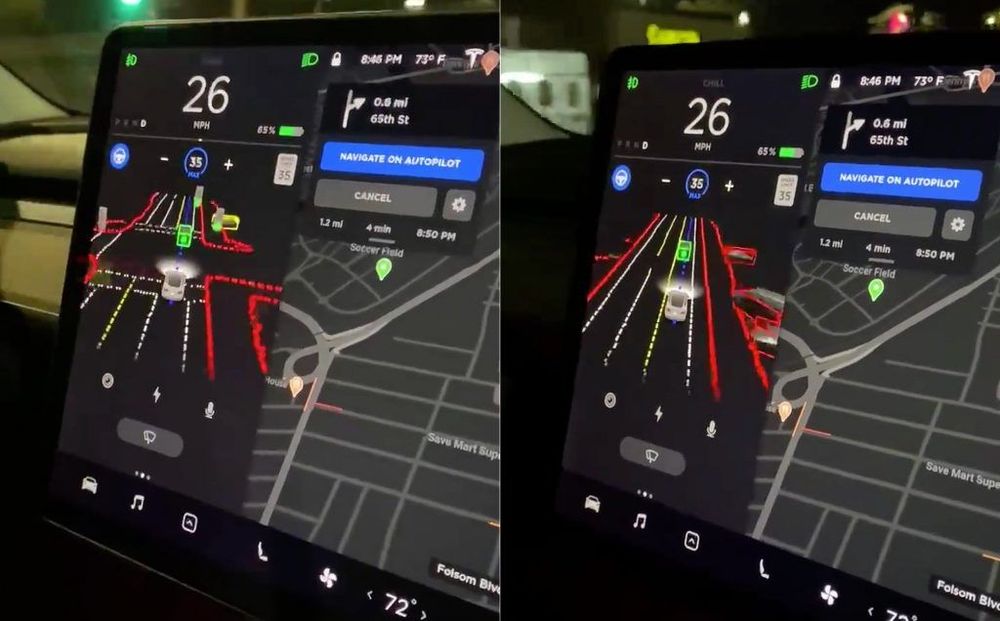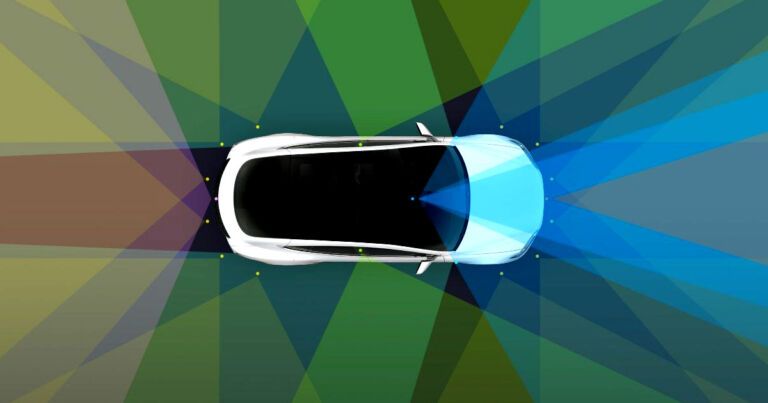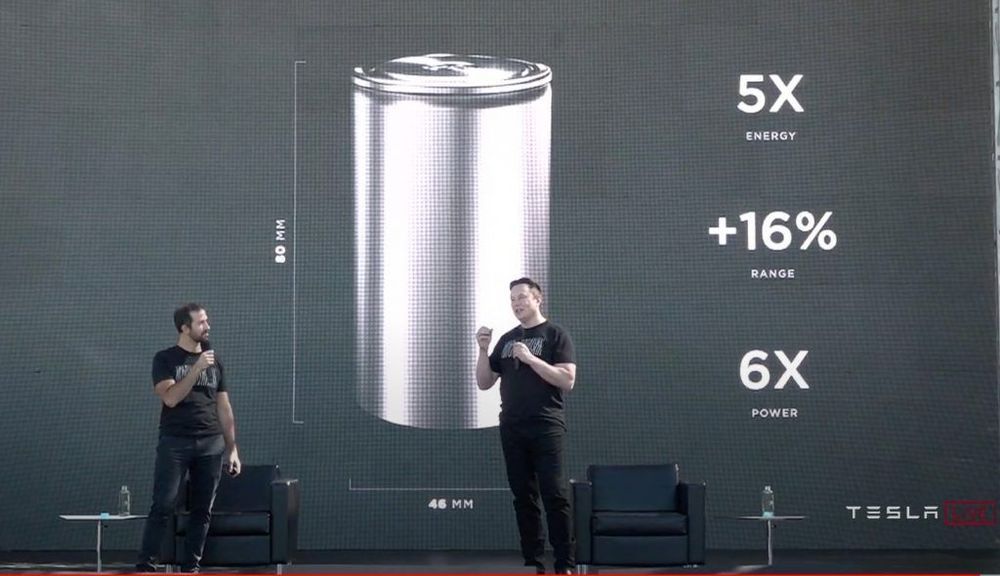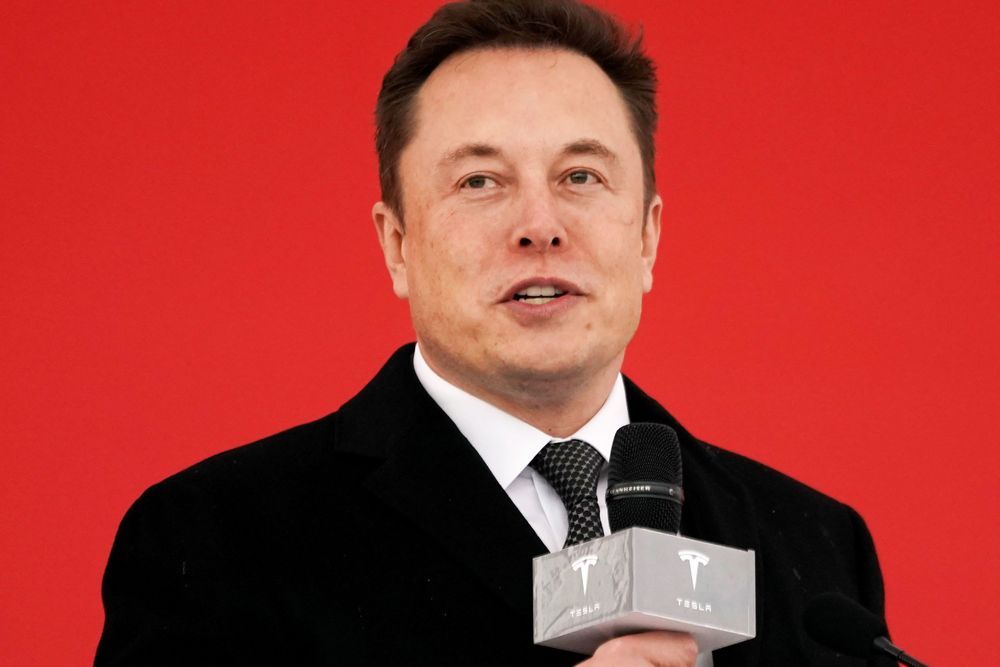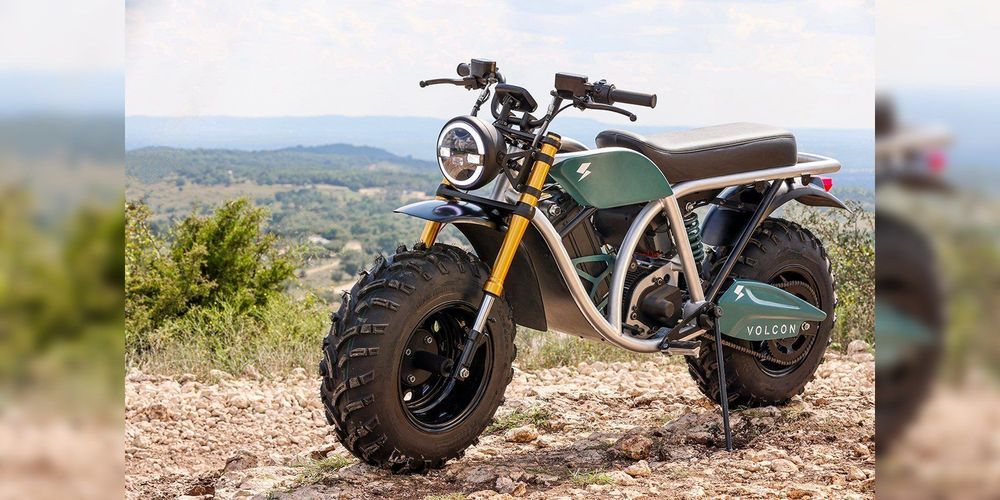The planes of the future may have flapping wings. 😃
Is it a bird, is it a plane? Well, this new Airbus prototype aircraft is kind of both.
The plane manufacturer has unveiled a scale model aiplane that actually flaps its wings during flight. The model, named AlbatrossONE, has been going through various stages of testing since last year, and recently hit a new milestone by completing a successful ‘gate-to-gate’ proof of concept flight.
While the AlbatrossONE fuselage looks more or less the same as the aircraft we’re used to flying on, the model is equipped with longer-than-normal wings that are able to bend backwards and forwards at the tip, which Airbus says will allow for more efficient flight.
